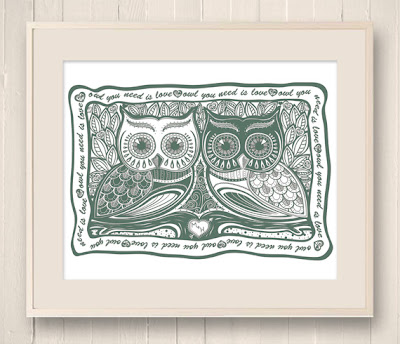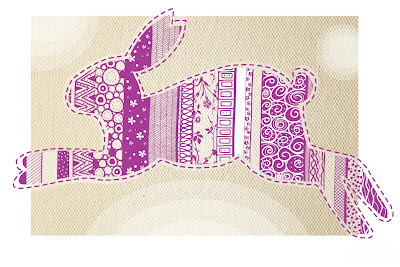Lino printing is a relatively cheap, simple and versatile
form of printing. It requires only a few basic tools to get started. Once you
have mastered the basics the only limit is your imagination!
You will need:
Paper/fabric to
print on
Block printing inks
(widely available, I get mine on Amazon)
Lino board (again
available online or from most craft/art supply shops)
Brayer (roller) I
have a couple of different sizes.
Lino blades and
handle to carve the lino (I have 5 blades and handle that I bought as a
basic set)
Glass sheet to
roll out ink (I use an old mirror, the glass from an old picture frame is
another cheap alternative)
 |
| Lino printing equipment |
The first step is to decide on a design and sketch it out on
paper. Keep it simple to begin with, you can add more detail as you become more
practised.
 |
| Initial sketch |
Next you need to transfer your image onto the lino board. I
do this by tracing over my image with a heavy weight pencil and then laying the
image face down on the lino. I then apply pressure with a pencil over the
reverse of the sketch which transfers it onto the lino. I then finalize the
image on the lino with a permanent marker.
 |
| Image transferred onto soft cut lino |
Once the image has been transferred you can start to carve
away parts using a large blade for bigger areas and finer blades for the more detailed
work. Always work away from yourself when cutting the lino and make sure your
hands are never in front of the blade to prevent injury to yourself. It is so
easy to slip when cutting!
Remember that anything that you remove with your
blade will appear white (or the colour of your paper/fabric) in your finished
print as it will not take the ink.
Sometimes with more complicated designs I
take a photograph of my sketch and create a negative of it using a computer
just to get an idea of how my finished print may look. Some people also take
quick rubbings of their lino plate as they work to see how it is progressing.
 |
| Carved lino plate |
When you are happy with how your lino plate looks it is time
to start creating a print.
First put a small amount of ink onto your glass plate (I use
an old mirror or sometimes an old decorating tray but anything that has a
smooth washable surface will do). Roll out your ink using your brayer till it
is spread thin and makes a tacky sound. Ensure that your brayer is completely
covered with ink then roll onto your lino cut. Make sure the plate is completely
covered with a thin layer of ink.
 |
| Inked up plate |
There
are different ways of creating a print but the way I do it is to have a piece of
paper that is the same size as the one I intend to print on laid out on
newspaper, this acts as my guide/template. I then place my lino cut face up
where I want it on the sheet. Then using the first sheet of paper as a guide I
line up a second (same sized) sheet and place it on top of the plate creating a
sandwich. I then use a combination of rolling with a clean roller and rubbing
with my hand (you can also use the back of a wooden spoon) to apply pressure evenly
to the paper.
 |
| Applying pressure |
Finally, carefully peel back your paper and you should have
your completed lino print. If you are not entirely happy you can always go back,
take some more lino away and reprint.
 |
| Final print and plate |
Now comes the fun part, experiment with colours, papers,
fabrics, textures and create as many prints as you wish!
Why not have a go? Get in touch let me know how you get on,
I’d love to see if you have links to images!
For some inspiration visit the lino print section of PocketWren.

























